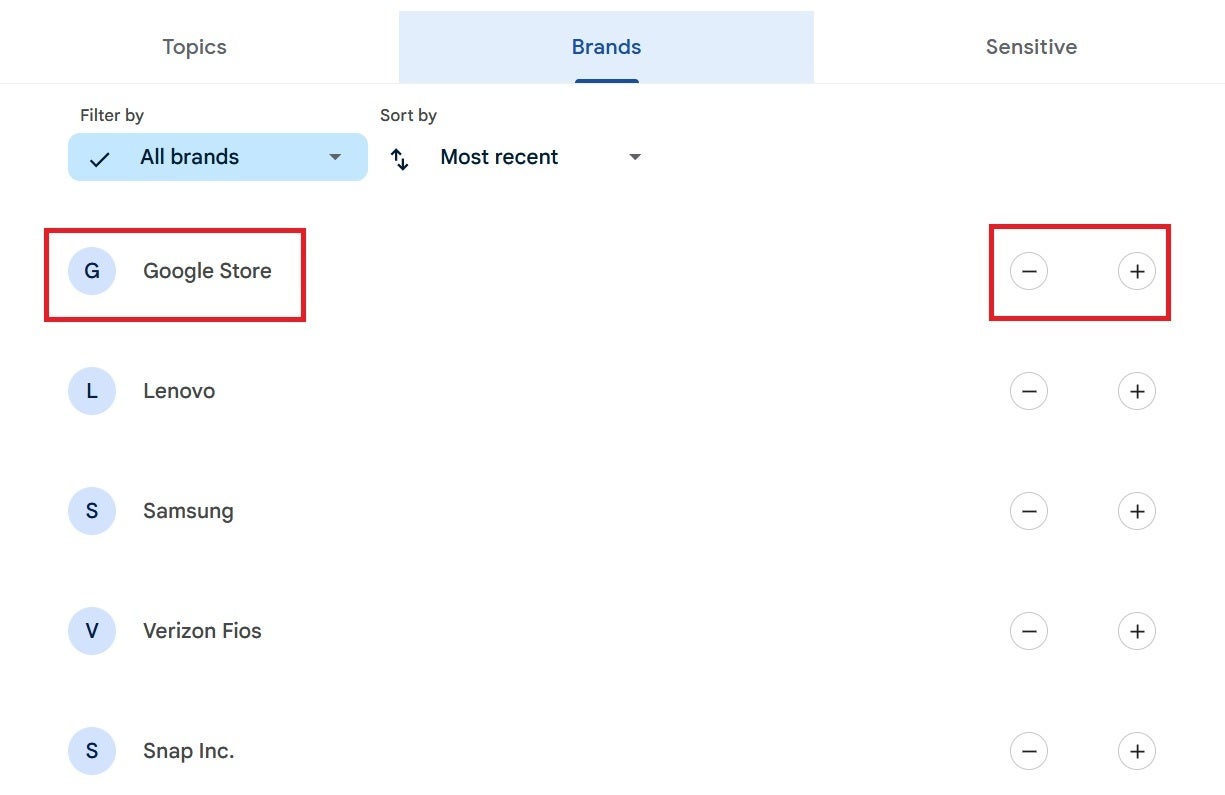Your smartphone doesn't listen to you talk about certain products in order to send you relevant ads

How many times have you said to a friend something like, "Boy, do I need a new laptop" in the presence of your phone and minutes later see an online ad for a laptop appear on your handset? Or you might have said to yourself, "I can use a new tube of Preparation H" and find out via an ad on your phone that the local pharmacy is running a sale on the medication. When something like this does occur, the first thought is that your phone is using your comments to deliver relevant ads to you.
To test out the theory that the things you say in front of your phone are quickly turned into online ads, the U.K.'s Daily Mail set up a new Google account on a Samsung Galaxy handset that was factory reset (excuse me for a second; those are the two words that make the hair on my neck stand at attention) and a fictitious person, a 22-year old named Robin, was created. A fake Facebook account for Robin was opened to give the made-up person an online presence.
Talking about a certain product in front of your phone will not flood your device with related ads
After two days of saying the names of products nearby and not receiving any online ads for these products, it was apparent to the Daily Mail that phones do not eavesdrop in order to send you promotions for products that you are likely to click on. Barrier Networks' Jordan Schroeder, the man in charge of the firm's network security, said that there is no need for phones to listen to you since there are other ways for companies to collect information using your phone. Schroeder also points out that the expense of listening in to millions of phone owners would be prohibitive.

From Google's My Ad Center site you can decide which brands you want to see more or fewer ads from online
On the other hand, the Daily Mail found that after they used the Google account made for the fictitious Robin and searched for 'luxury car' and 'expensive bed' using Google Assistant and Google Search, ads for bed companies and high-end cars started to appear online everywhere. Google even created a webpage with brands that Robin might be interested in. You can find your page by going to myadcenter.google.com. There you will find topics and brands that you've shown an interest in.
How to stop Google from sending you customized ads
Additionally, at the My Ad Center site you can customize the settings to receive more or fewer advertisements related to a particular topic or a specific brand. You can also limit ads for products containing alcohol, ads for dating apps, gambling, pregnancy and parenting, and weight loss.
So it's okay to talk about condoms, toilet paper, Apple devices, and yes, even Preparation H in front of your phone without getting constantly bombarded by ads for these products. But be warned. Once you ask Google Assistant or Google about a particular product, you'll constantly be served up ads for products you ask about. Heck, it's the same thing with the Google Store. Add a Pixel 7 Pro to your cart and even if you don't plan on buying the phone now, you'll receive constant ads from Google about the phone.
This tactic isn't limited to the Google Store as other online retailers will often do the same thing. And it probably is an effective tool allowing Google and the other companies to ring up some additional sales. But if you don't want to be tracked by Google, this is what you need to do. Go to myadcenter.google.com and select Manage Privacy on the upper left portion of the display. On the right side of the screen, a button says Personalized ads. Tap on the blue button that says "On" and on the bottom right corner of the pop-up, tap on Turn off.










Things that are NOT allowed: